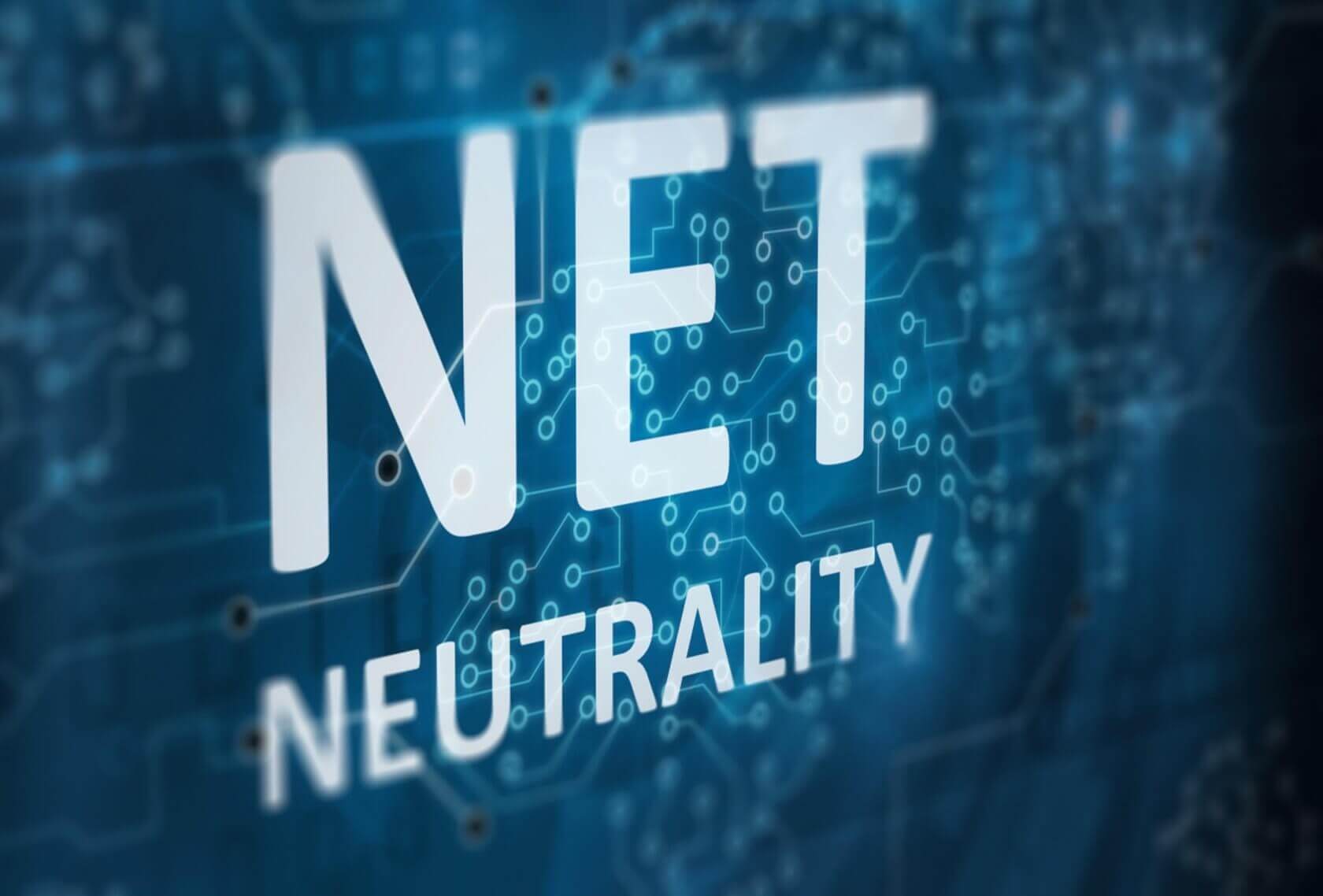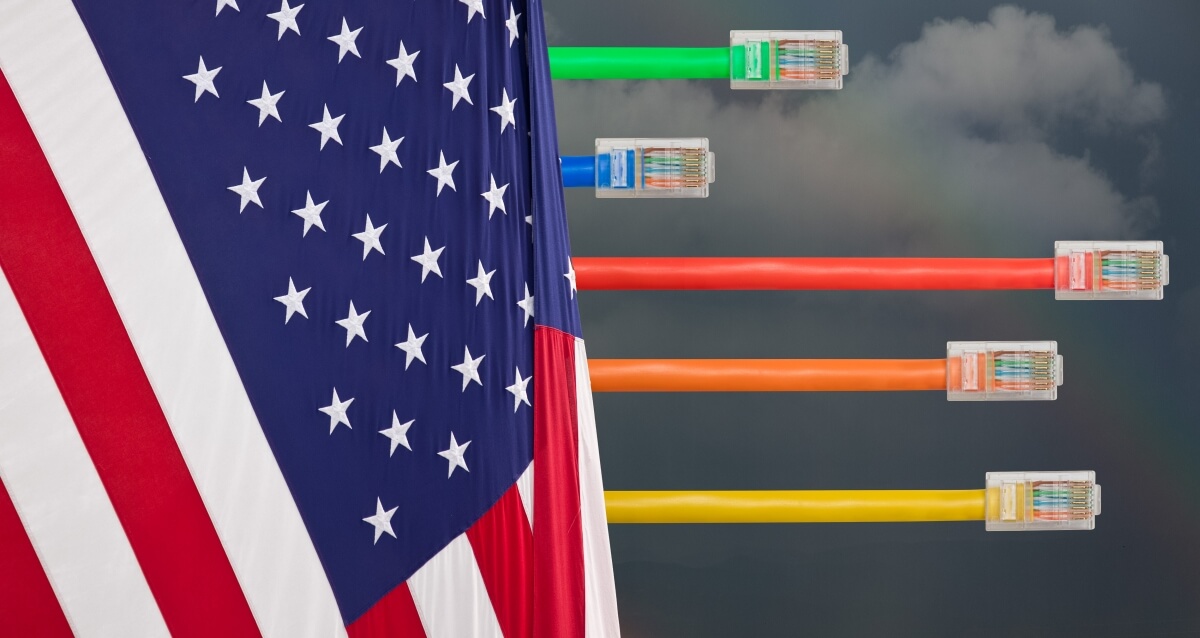Big quote: "As we said then, the fight is far from over. The decision raises issues of exceptional importance to protecting consumers and the open internet, and we look forward to continuing the fight to preserve net neutrality as a fundamental digital right," said Amy Keating, chief legal officer for Mozilla.

Following a federal court's ruling last October to uphold the Republican-led FCC's decision to rollback net neutrality protections, Mozilla vowed to keep fighting the good fight. That fight continued this past Friday, as Mozilla filed a petition for the D.C. Circuit Court of Appeals to rehear their net neutrality case.
Mozilla's petition is asking for either the original panel of judges -- or alternatively, the full complement of D.C. Circuit judges -- to rehear the case, as Mozilla states the decision "conflicts with D.C. Circuit or Supreme Court precedent and because it involves questions of exceptional importance." The court will now have to decide whether or not to allow the rehearing to go forward.
Mozilla's petition mainly takes aim at the FCC's reclassification of broadband as an information service, rather than a common carrier service, which would treat broadband more like a public utility, subjecting it to much more stringent regulations. Mozilla's petition also lists the FCC's failure to address competition and market harm, citing the FCC “failed to provide any meaningful analysis of whether antitrust and consumer protection laws would in practice, prevent blocking and throttling.”

While October's decision was largely applauded by the current FCC and its chairman, Ajit Pai, it was delivered with a major caveat: the FCC overstepped its bounds in preempting state net neutrality laws.
This essentially frees states like California, Texas, New Jersey, Montana and New York to enact their own net neutrality laws.
The fight for net neutrality is sure to be lively as we head into 2020, and it has already become a prominent campaigning issue for Presidential hopefuls such as Bernie Sanders and Elizabeth Warren.
https://www.techspot.com/news/83198-mozilla-others-file-petition-net-neutrality-rehearing.html